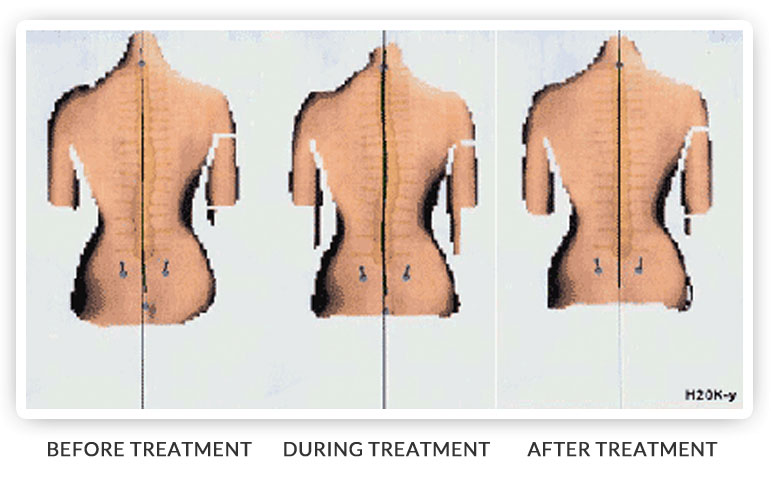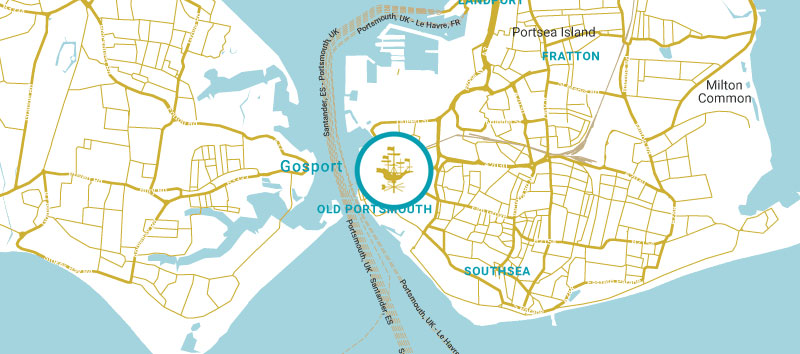Problem solver
Most of us suffer from oral health problems at sometime or other, but it isn't always easy to know whether you should seek professional help for them. Here is a list of some of the more common problems, with advice on what you should do about them. If the list does not include your particular problem, or if you are still unsure about what you should do, then it is best to arrange an appointment to see us – we'll be happy to help.
Bad breath

Bad breath is a common problem and has a number of causes. Quite often people who think they have bad breath simply smell of the foods they have been eating, such as garlic, onions or spicy food. Brushing your teeth, eating sugar-free mints or using mouthwash may help to mask this odour, but it will only go completely in its own time.
Other types of bad breath tend to be caused by problems with your teeth and gums. Food can get caught between your teeth and cause an offensive smell, and decaying teeth can also smell unpleasant. Gum disease, where your gums become infected by bacteria, can also cause bad breath.
A good oral healthcare routine can help to prevent problem smells. This means brushing your teeth twice a day with a fluoride toothpaste, cleaning between teeth and around the gumline with an interdental cleaner, and cleaning your tongue (with your toothbrush or a tongue scraper). You should also visit your dentist and hygienist as often as recommended to ensure potential problems are noticed and treated early.
If you think you may have bad breath, please do come and speak to us about it. There is no need to be embarrassed – we will be happy to help you.
Sore and/or bleeding gums

Bleeding or sore gums can be a sign of gum disease, so it is important to visit your dentist if you have either of these symptoms. Gum disease is very common, and is caused by a thin layer of bacteria called plaque which builds up on the teeth. The bacteria release poisons which irritate your gums and make them red and swollen.
In the earlier stages, gum disease is known as gingivitis and affects the soft gum tissue. If it is left to progress, it can worsen into its more serious state, periodontitis. This can cause your gums to shrink away from your teeth and the bone supporting your teeth can be destroyed. This means your teeth will become loose and may fall out.
Working with you, we can help to slow down or even stop gum disease from progressing with a good oral healthcare routine and regular professional cleans. More advanced cases are able to seek help from our practice principal Josef, who has a special interest in periodontology. Other factors, such as rubbing dentures, can also cause sore gums. If you are having any gum problems, please do make an appointment to see how we can help you.
Aching or painful teeth

There are a number of different types of dental pain, as well as a number of causes.
Temporary pain when eating or drinking hot or cold foods can be caused by sensitive teeth. Often this problem can be alleviated by using a toothpaste specifically for sensitive teeth, but if after a few weeks it has not got any better please come and see us.
Lingering pain or toothache, or a sharp pain when biting down, is usually an indication that the tooth is decayed, cracked or otherwise damaged. Please arrange an appointment to see us as soon as you can so we can stop the problem from getting any worse.
Constant and severe pain means you may have an abscess caused by an infection. You should see us as soon as possible – we will be able to reduce the pain by giving you antibiotics, and will be able to treat the tooth once the inflammation has gone.
Anxiety or nervousness

We understand that some people feel very anxious or nervous about visiting the dentist. It may be the whole experience that worries you, or perhaps just one aspect.
Whatever your concerns are, please do let us know about them. We will do our best to make you feel relaxed and at ease.
Jaw or head aches

Headaches, neck, shoulder, back and spine pain and a host of other facial and jaw problems can often be traced back to the jaw joint. Normally the cause of this pain will be an incorrect bite level. This means that your dentist rather than your doctor may well be the best person to help cure the problem. In conjunction with an osteopath or through craniosacral therapy, it is possible to detect the cause of the pain and provide help in curing it.
Result after whole mouth restoration in anatomical correct position of the vertebrae.


If you suffer from any of these symptoms, it is worth speaking to us about it. We will examine your jaw, and the way in which your teeth meet together, and if there are any problems we will advise you on the best way to overcome them.
Tooth grinding

Tooth grinding, particularly at night, is very common, affecting up to 50% of people. It can cause sore facial muscles, headaches, ear aches and neck pain, and can also cause the teeth to become ground down and more sensitive.
Stress and anxiety can be a major cause – if you can reduce your stress levels you will often see a dramatic change in your tooth-grinding habits. If this doesn't work, we may well be able to help, so do make an appointment to see us.
Dry mouth

Dry mouth, or Xerostomia, is becoming increasingly common. It can be a side-effect of some medication, or can be the result of medical conditions, for instance if you find yourself suddenly drinking more water than usual, this could be the result of diabetes, in which case you should see your doctor straight away. Symptoms can be relieved by sipping water regularly, chewing sugar-free gum or using glycerine mouthwashes or artificial saliva sprays. Saliva plays a vital role in keeping your teeth and gums healthy, so if you do have a dry mouth problem it is important to let us know about it.
Broken tooth

If you have broken your tooth, it is best to call us for advice immediately. If you have any broken-off pieces, place them in clean water – we may be able to use them to help repair the tooth. If the damage is bad, we may need to see you straight away, but for a minor break with no pain a scheduled appointment will be fine.
Tooth accidentally knocked out

Whatever the circumstances, if your tooth is knocked out you should seek emergency dental help immediately – the quicker you are treated the greater the chance of saving the tooth. When handling the tooth, hold it by the crown (the top bit) and not the root. Do not rinse or clean it – either hold it in your cheek (not recommended for children) or put it in a glass of milk.
Chewing difficulties

Chewing difficulties are most commonly linked with denture wearing. The dentures may not fit properly or may be worn down, which makes it difficult to eat properly. Chewing can also be troublesome if you have teeth missing, or if tooth restorations are not quite right. If you would like to eat comfortably again, please speak to us about it – we have a range of solutions to help you.
After extraction of a tooth, the surrounding teeth move into the gap and the opposite tooth grows into the gap too. This disturbs the bite level and will cause TMJ pain. After the gap has healed a bridge will ensure the correct bite level returns.
Unfinished treatment after extraction

A. All the teeth are present and the bite level is correct.
B. After extraction of a tooth, the surrounding teeth move into the gap and the opposite tooth grows into the gap too. This disturbs the bite level and will cause TMJ pain.
C. After the gap has healed a bridge will ensure the correct bite level returns.
